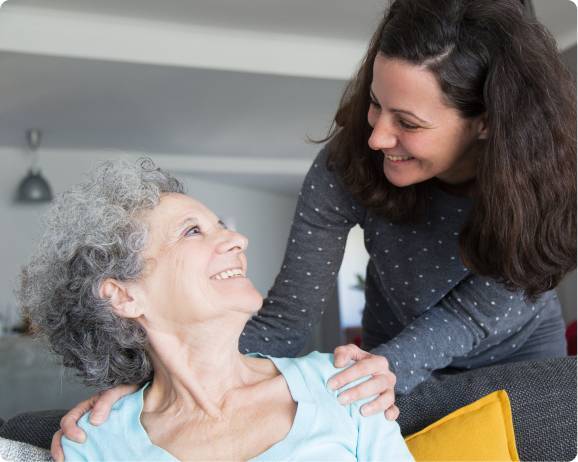- Home
- Our Services
- Home Care in Vancouver
- Companion Care
Senior Companion Care in Vancouver
Ohana Care can provide you or your loved one with companion care through feel-good activities, assistance with chores, accompanying you at an event, or providing transportation to appointments.






